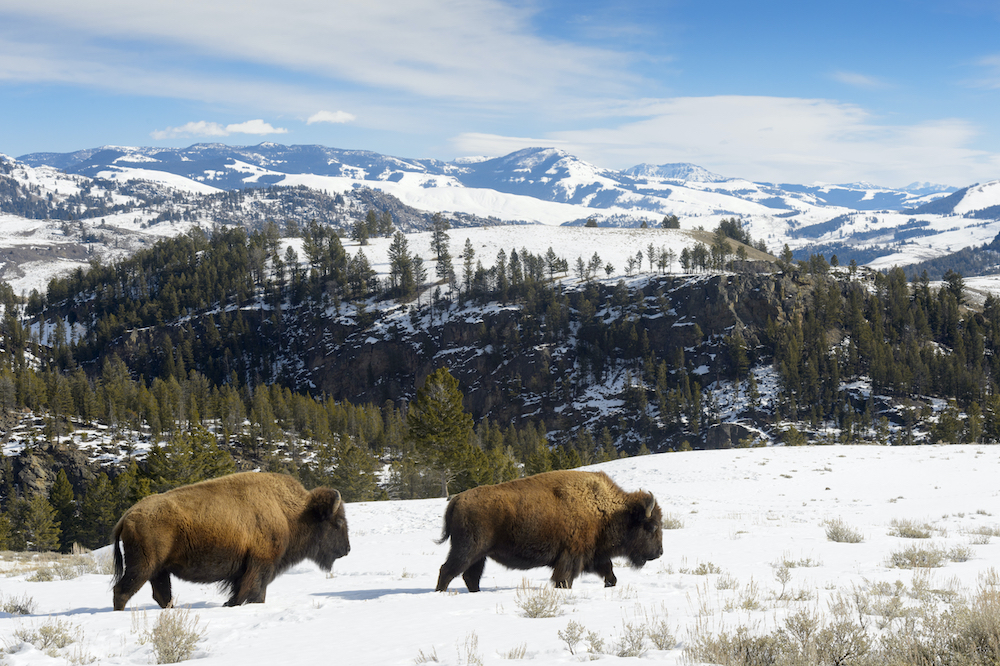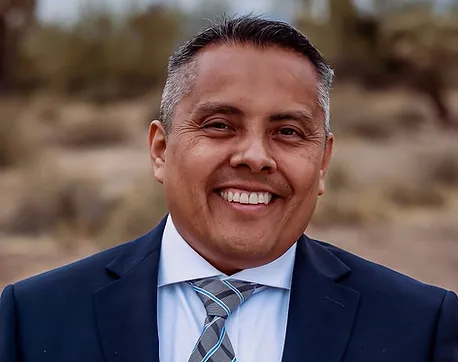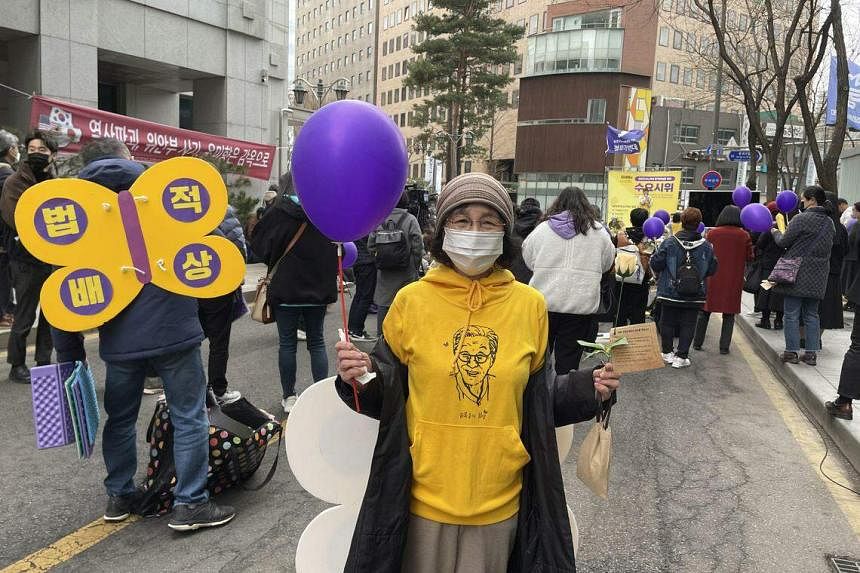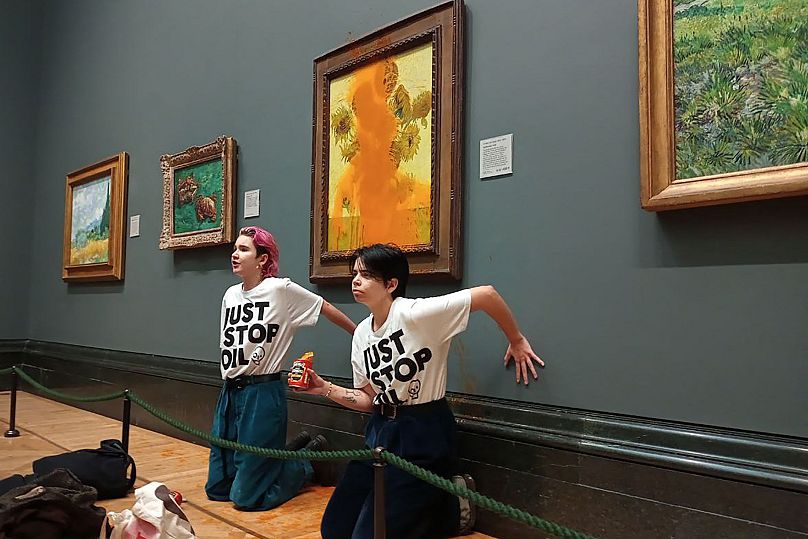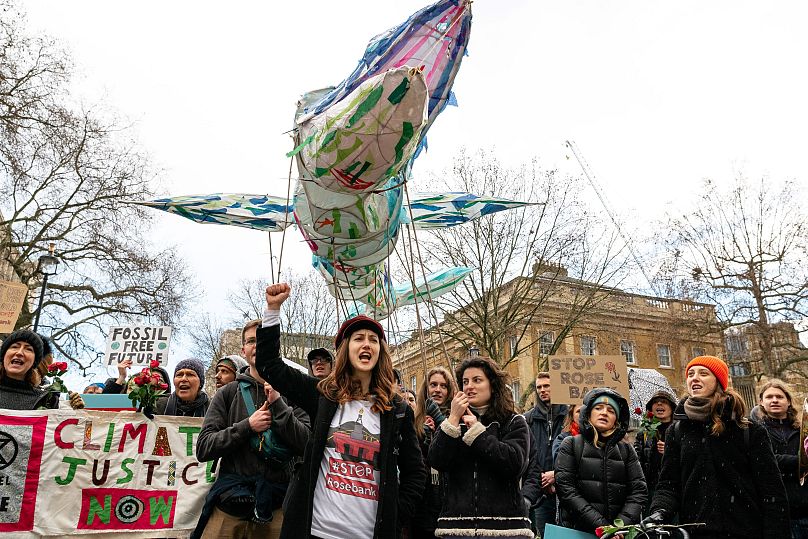Leaders of Native American Church Pressure Biden Administration for Protections of Peyote Habitat

Flowering peyote plant (Photo: Hans B | CC BY-SA 3.0)
WASHINGTON—Leaders of the country’s largest intertribal religious organization met this week with federal officials and urged them to uphold Native rights to use peyote in religious ceremonies.
On Tuesday, leaders of the Native American Church of North America (NACNA) convened at the Department of the Interior to ask the federal government to uphold its legal responsibilities in enforcing the American Indian Religious Freedom Act (AIRFA) of 1978. Signed into law by President Jimmy Carter, AIRFA protects the rights of Native Americans to exercise their traditional religions and ensures access to sacred sites and the use and possession of sacred objects.
NACNA, which has more than 300,000 members, centers many of its prayer ceremonies around the legal use of peyote as a sacrament. Peyote is a Schedule I substance regulated by the U.S. Drug Enforcement Agency (DEA) and is illegal for non-Native people to possess.
The federal government is not enforcing AIRFA and its 1994 amendment, according to NACNA leaders.
“We witness AIRFA being violated every day by clinical and pharmaceutical interests,” Jon “Poncho” Brady told Native News Online. “We are working to keep our holy medicine sacred and want it protected in its natural habitat.”
NACNA leaders are urging the Interior, Agriculture and Justice departments to take leadership in protecting the continued use of peyote for enrolled citizens of federally recognized tribes. The group wants the U.S. government to enforce laws that prohibit non-Natives from using the drug, but is also asking for federal funding for conservation of peyote and the creation of protected habitats where it can be grown.
Peyote is used recreationally by some non-Natives, and there have been efforts to decriminalize its use, which NACNA leaders say violate Native cultural and ceremonial traditions. Recreational use and promotion of peyote as a medicine could lead to over-harvesting of the plants, Native leaders said.
“This medicine is sacred to us, and people who are not permitted to share its abilities with others outside of our ceremonies are harming our sacred ceremonies,” Brady said. “Our way of life is not for sale."
AIRFA is the only federal legislative statute that protects a specific religion in the United State — that of American Indians, Alaskan Natives, and Native Hawaiians. AIRFA was amended in 1994 after the Supreme Court ruled in Oregon Employment Division v. Smith that the use of peyote was prohibited by anyone — Native or non-Native — by the state of Oregon in 1990. AIRFA’s 1994 amendment allowed the possession, transportation, and ingestion of peyote in a bona-fide ceremony for enrolled citizens of federally recognized tribes.
Rising interest in psychedelic drugs, including peyote, is growing among recreational drug users and wellness providers, who promote the plant’s medicinal properties. That is causing over-harvesting of the plants and because its environment is not protected, the slow-growing cacti may need further protections, such as congressional legislation, in the future, Native leaders say.
Because peyote only grows on private lands in southern Texas—Hogg, Starr, Webb, and Zapata Counties—leaders are worried that the plant’s environment will continue to diminish and it will be too late. An existing USDA soil conservation program in the region has also contributed to the diminishing habitat of peyote, according to NACNA leaders. Because the peyote cacti grows close to the ground, its habitat is being diminished to make way for other crops in the region.
According to carbon dating, peyote is more than 10,000 years old. The plant is a slow-growing cacti that takes 8-10 years to mature, and its habitat is known by many as the Peyote Gardens.
NACNA is requesting $5 million in federal funding for a new program to be established either by the USDA’s existing Conservation Reserve Program or as a stand-alone grant program to be administered by DOI’s Office of the Assistant Secretary-Indian Affairs.
The project would compensate private land owners for agreeing to convert their lands into a protected peyote habitat and would fund activities that focus on the conservation and managed harvest of peyote.
Ideally, the program would be guided by a federal steering committee that would have representation by federally recognized tribes, tribal religious leaders and organizations such as NACNA, and representatives from state and federal agencies with jurisdiction over peyote. The committee’s scope would be to work collaboratively to create and implement a conservation plan for peyote that manages healthy cultivation and harvesting of peyote.
The federal government has passed legislation that supports numerous successful conservation grant programs to protect and restore wetlands, forests, marine habitats, and endangered species habitat.
“The entire Biden Administration needs to review and assess its full implementation of the American Indian Religious Freedom Act,” NACNA’s Legislative Director Ryan Wilson (Oglala Lakota) told Native News Online. “They need to shift the focus into meaningful partnerships with private landowners and access to sacred lands and medicines within the nexus of private lands.”
Next week, representatives from Indian Country, including NACNA leaders, will testify to the House Appropriations Subcommittee on Interior, Environment and Related Agencies on a variety of topics, including protections of peyote and its habitat.
